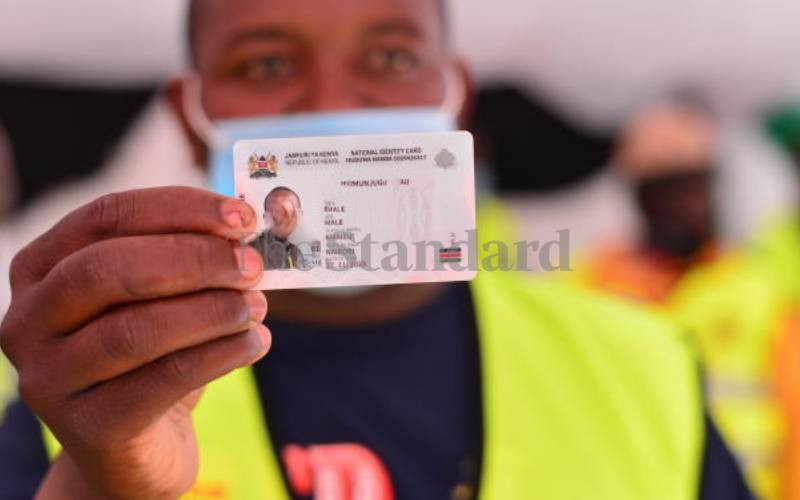×
The Standard e-Paper
Stay Informed, Even Offline

The High Court has for the second time stopped the government from issuing new generation identification cards dubbed Maisha Namba.
Justice Lawrence Mugambi ordered the government not to issue the cards until a fresh application is heard and determined.